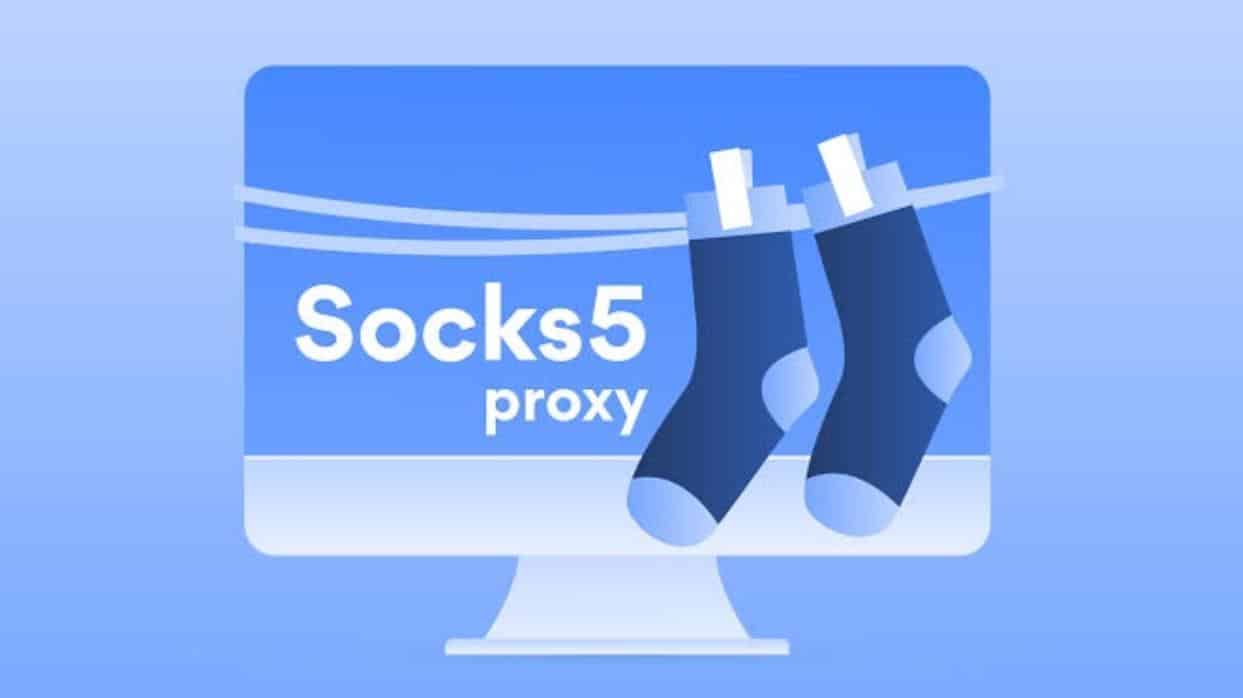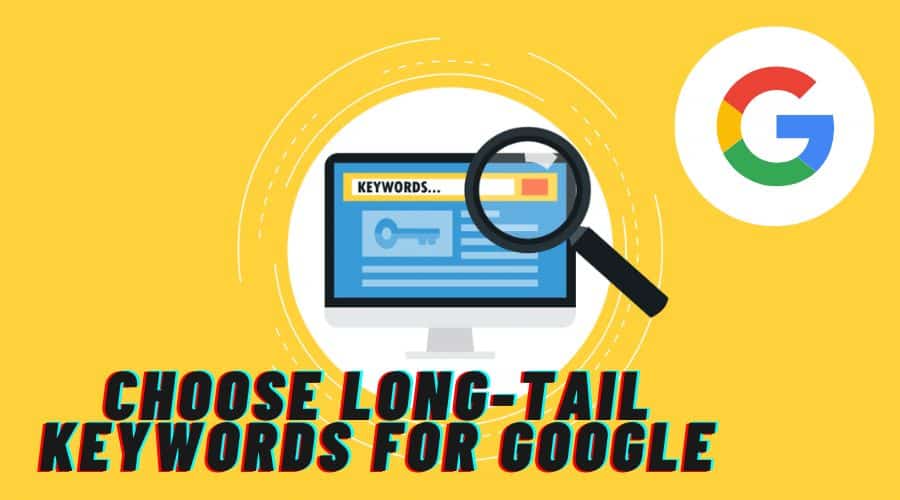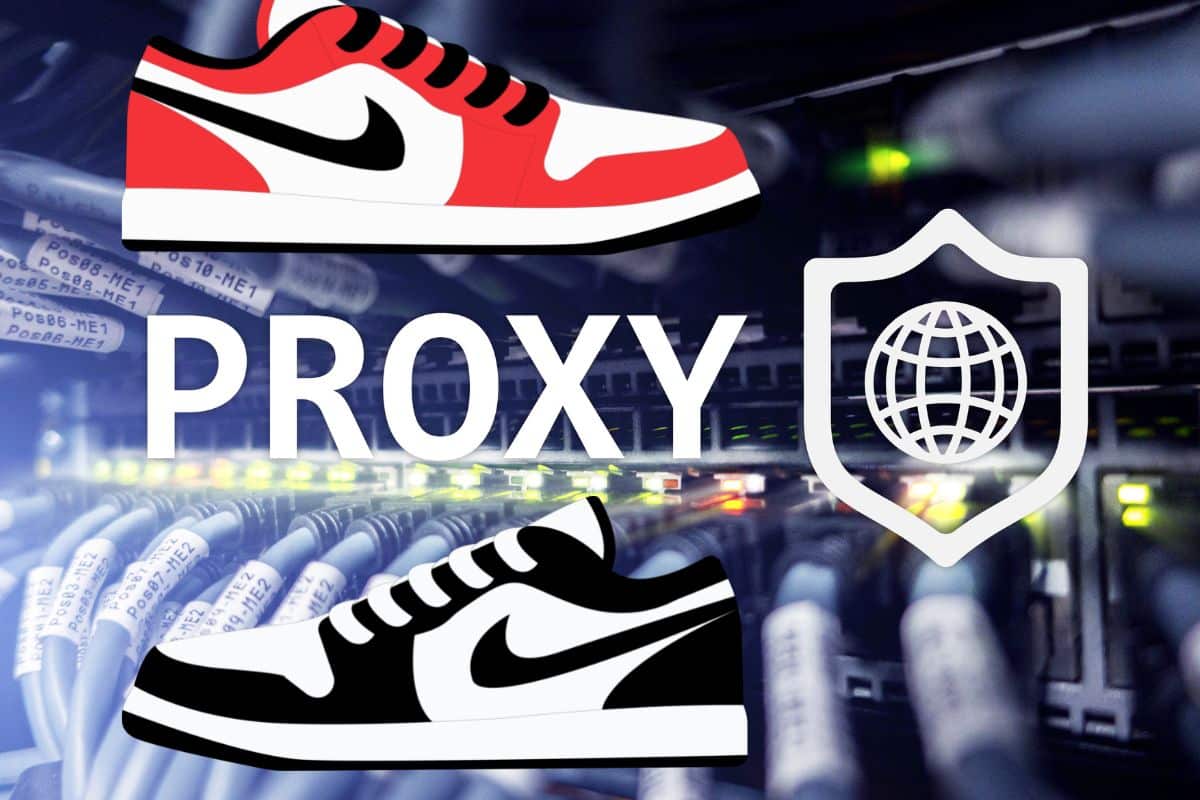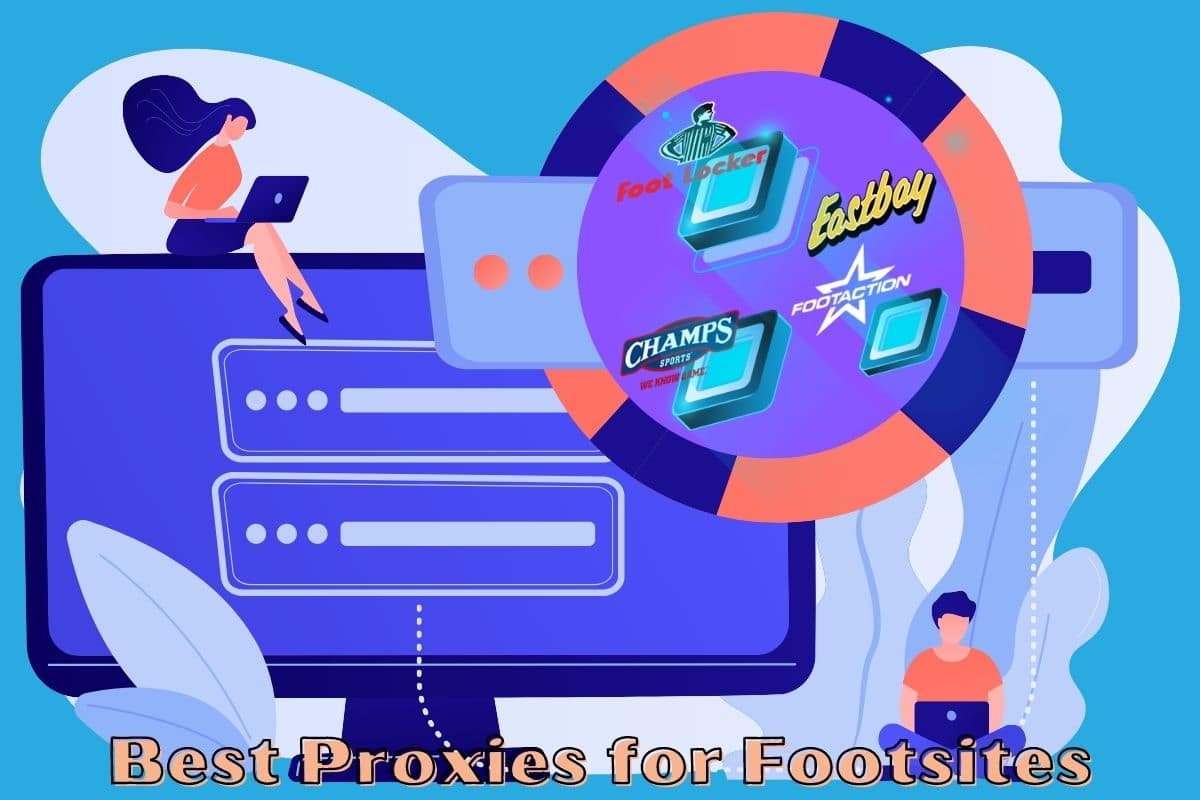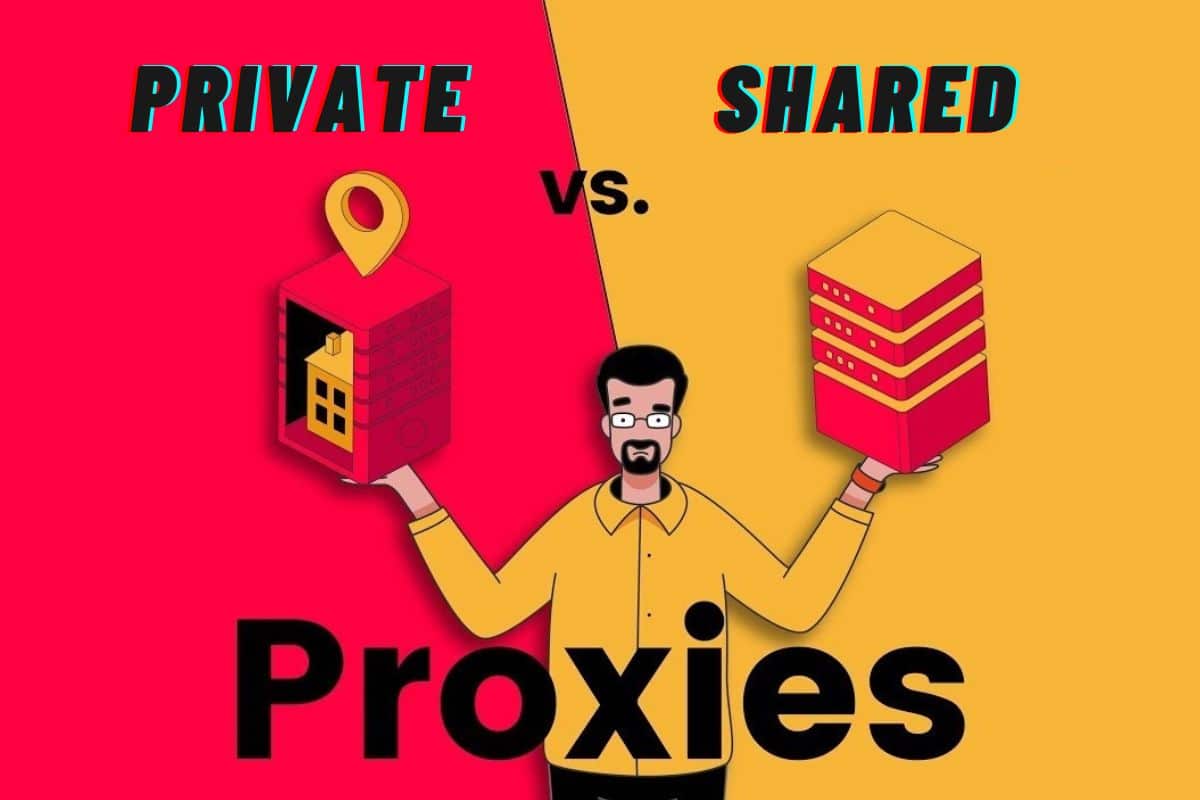If you want to speed up your internet connection, hide your ip address or automate many tasks. The answer lies in proxies.
What Is a Proxy & How Does It Work?
If you want to get information from the Internet, you go to the website to look for it. But this way, your public IP address is visible to others, and you're using limited resources, i.e., bandwidth. However, you can employ proxies to do the job for you.
Think of a proxy server as a middleman between you and the internet. You send a request, and a proxy routes the request through itself. This gives you anonymity when browsing the internet because the proxy server uses its IP address to communicate with websites and other online resources instead of showing your IP.
Advantages of Proxies
A proxy is a different IP address you receive when you connect to a proxy server. But why would you want a middleman? Well, because proxies have many advantages.
- A proxy uses its own IP address, so you can hide yours.
- You can use it to change your perceived location. It's especially useful for unblocking content or doing market research in a different region when you don't want your location to affect the data you get.
- You can filter all incoming and outgoing requests to block malicious content or limit access to certain websites like a firewall.
- If you want, you can trace what your employees are browsing for a while at work.
- You can automate a large number of tasks. Price aggregation, data scraping, multiple account management, sneaker shopping – these are only a few examples of how proxies can save you time.
- Another way a proxy server saves you time is by speeding up your internet connection. Each time you enter the same website, there's no need to retrieve the data again – it has already been cached by the proxy server.
Why Do Websites Block Proxies and Web Scraping?

Websites don't like to share data with others, especially if it's valuable. There have been some landmark cases around web scraping. One involved Ryanair, a flight aggregator target, another LinkedIn, a lead generation heaven. They weren't happy about being scraped.
In the same way, Ticketmaster and Nike protect their stock from scalpels, and e-commerce giants like Walmart do so. Furthermore, not all scrapers follow best practices. And when they don't, it becomes hard to distinguish web scraping from a DDoS attack.
What's the Difference Between Datacenter Proxies and Residential Proxies?

- Datacenter proxies are created in servers of cloud hosting providers. They're very fast and stable but easier to identify as proxy addresses. Their ASN gives them away.
- Residential proxies borrow the IPs from real residential users – their desktop and mobile devices.
Why Are Datacenter Proxies Being Replaced?

- Datacenter proxies start falling off when a website has strict anti-bot protection mechanisms.
For example, most popular stores are so abused in the sneaker shopping industry that it's very hard to do anything with a datacenter IP there. The same is with travel fare aggregation. IP reputation is one of the first lines of defense against botting, and datacenter proxies are pretty obvious about their origin.
- Another scenario is when you need wide and precise location coverage, which is something datacenter proxies find hard to provide.
Naturally, one datacenter IP isn't equal to another. Their usage history matters, too. Then there's experience and your setup. Web scraping experts like Crawlera (now Zyte) find datacenter IPs enough for most targets. They have few issues scraping sites Google or Amazon. In fact, they reserve residential IPs only or edge cases.
Are Datacenter Proxies Good for Scraping?
For example, daily scraping of the same sources. Sure. As long as you don't get them banned (have a large enough pool, rotate IPs, follow best practices), datacenter proxies will do their job well. They're more stable and faster than any other proxy type. Sometimes, you might even want to trade success rate for faster retrieval when you need real-time data.
Why Don't People Use Residential Proxies More Often?
They seem to be superior to datacenter proxies in almost every aspect. Besides being more expensive, are there other drawbacks of using residential proxies instead of datacenter ones?
Price is a big issue. Residential proxies charge by traffic; if you use a lot of traffic, that gets expensive fast. Many targets can still be scraped with datacenter IPs if you know what you're doing. Then maybe control.
When you buy some private datacenter proxies, you'll know exactly how many IPs you have and how they're being used. They won't be slow and disconnected once the end user turns off their Wi-Fi. A residential proxy provider might have 1,000 IPs in New Zealand and only 100 others in one week.
What is AI-Based Bot Protection?

Bot protection software uses artificial intelligence to filter human requests to a website from the ones made by scrapers and bots. The software relies on machine learning to decide whether to grant or deny access to the website.
Can the Bot Protection Impact the Data Scraping Industry?
Datadome, Akamai, and other systems are already very popular among sneaker stores. They have impacted the industry, but people simply find ways around this protection: using a headless browser, better fingerprinting, or more reputable IPs. It's a cliched phrase, but the industry is a cat-and-mouse game.
So, keep learning about the proxy industry to get ahead of the game.
